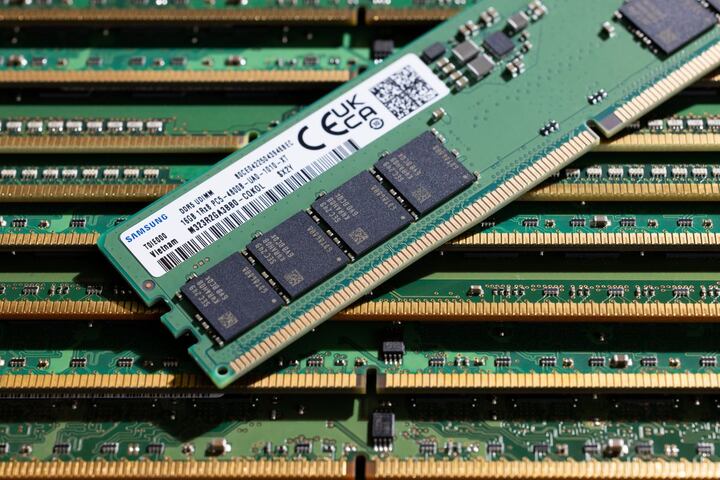As a severe recession in the worldwide semiconductor business continues, Samsung Electronics Co. Ltd. disclosed on Friday that it would make a significant reduction in chip production after reporting a worse-than-anticipated 96 percent drop in quarterly operating income.
The biggest memory chip & Television manufacturer in the world saw its shares rise 3 percent in early trade, whereas rival SK Hynix Corp. had its shares rise 5 percent as investors embraced the idea of decreasing production to maintain pricing power.

In a succinct initial earnings statement, Samsung calculated that its net revenue decreased to 600 billion won which is about 455.5 million USD in January-March from 14.12 trillion won a year ago. In 14 years, this quarter’s revenue was the worst of any other.
Also Read: Are Google’s AI supercomputers faster than Nvidia’s?
“Memory demand dropped sharply… due to the macroeconomic situation and slowing customer purchasing sentiment, as many customers continue to adjust their inventories for financial purposes,” the company said in a statement
“We are lowering the production of memory chips by a meaningful level, especially that of products with supply secured,” it added, in a reference to those with sufficient inventories.
Source:economictimes.indiatimes.com
For Samsung, the hint of a decrease in output is quite important because it had said before it was only going to make modest adjustments, such as pausing production to fix production lines, contrary to a total shutdown. It failed to specify the size of the targeted cut.
The first-quarter income was less than the more conservative 873 billion won Refinitiv SmartEstimate. Early in the week, some predictions were scaled back.
According to business records, it was the minimum revenue since the first quarter of 2009, when it reached 590 billion won.
Data center operators, cellphone and computer manufacturers, as well as other semiconductor customers, are avoiding making fresh chip shopping and using up stocks as a result of the weakening customer demands for tech products caused by growing inflation.
Experts projected that the decline in memory chip costs and the subsequent decline in inventory values caused the semiconductor division to suffer a quarterly economic loss of much more than 4 trillion won which is 3.03 billion USD.
Also Read: Why is Twitter blocking Substack links?
This would mark the semiconductor industry’s first quarterly deficit since the initial quarter of 2009, which is a significant departure from what is often a cash cow that, in good years, contributes around 50 percent of Samsung’s earnings.
According to Samsung, revenue probably decreased 19 percent compared to the same time last year to 63 trillion won. In the coming weeks, the company is scheduled to announce comprehensive profits, containing divisional breakdowns.

I am a student pursuing my bachelor’s in information technology. I have a interest in writing so, I am working a freelance content writer because I enjoy writing. I also write poetries. I believe in the quote by anne frank “paper has more patience than person